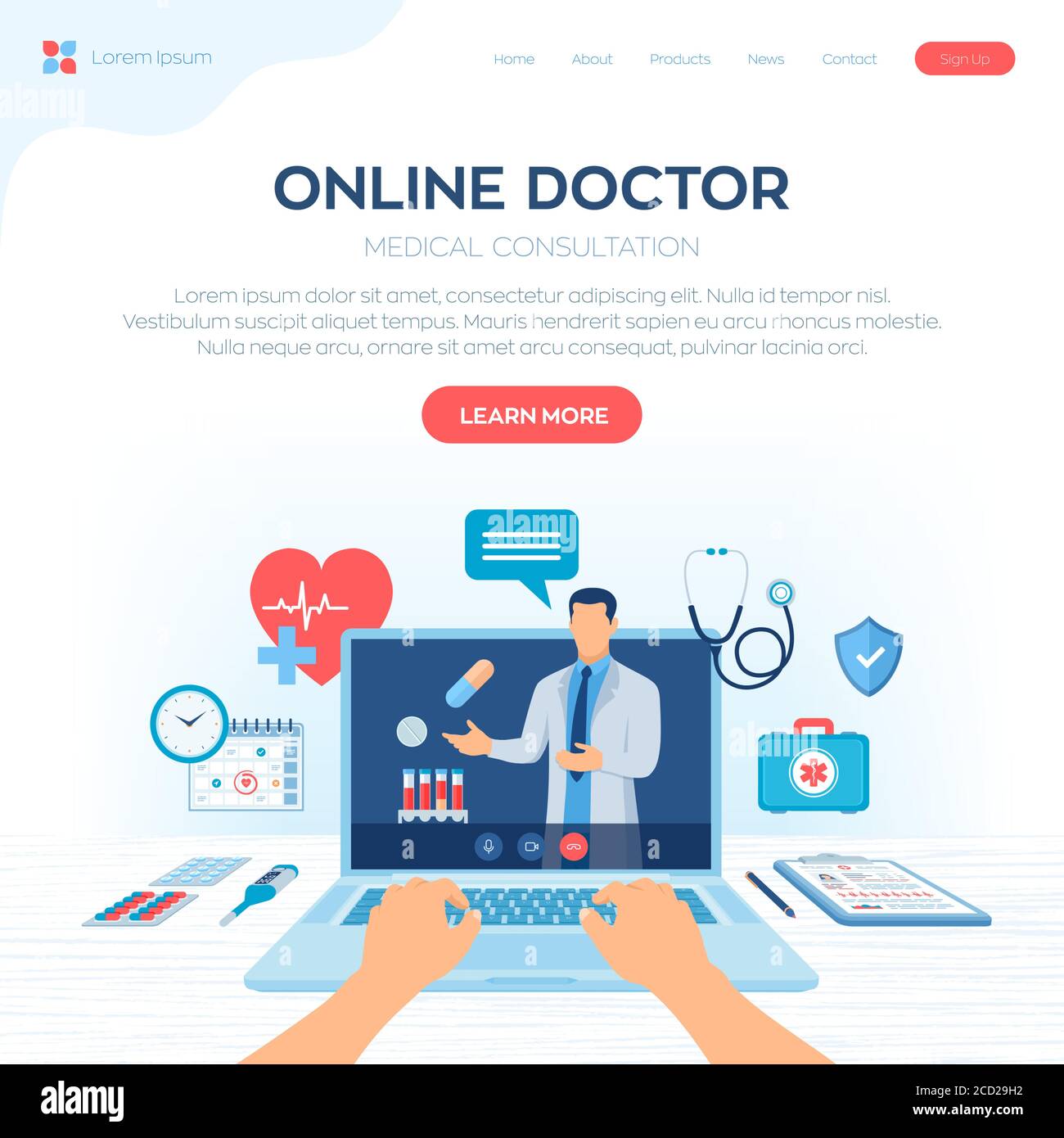The Future of Medication: Exploring Subscription Based Healthcare Designs
The Future of Medication: Exploring Subscription Based Healthcare Designs
Blog Article
The Surge of Subscription-Based Health Care and Its Influence On Individual Care
As healthcare advances, the subscription-based model is obtaining traction, assuring to reinvent patient care by providing predictability and access. These models, which bypass traditional insurance coverage, could redefine the patient-doctor dynamic, stressing individualized and preventive care. Yet, just like any kind of innovation, they offer challenges, particularly concerning fair access for all socioeconomic teams. The potential for these designs to reshape health care distribution elevates pushing inquiries regarding their lasting sustainability and inclusivity. Are these membership solutions the future of healthcare, or do they risk leaving susceptible populations behind? The complexities of this shift warrant a closer examination.
Comprehending Registration Health Care Models
Realizing the idea of registration healthcare models entails analyzing a transformative technique to medical solutions that emphasizes cost and accessibility. These designs, frequently referred to as straight medical care (DPC) or attendant medicine, have become ingenious choices to standard fee-for-service healthcare systems. Subscription healthcare allows individuals to pay a set regular monthly or annual cost for a defined set of medical services, which might include unlimited office sees, routine examinations, and standard lab tests, without the requirement for conventional insurance billing.
The structure of registration medical care models is created to streamline individual care by removing third-party payers and complex billing codes, thereby decreasing management burdens. Healthcare carriers can concentrate much more on person care, cultivating stronger patient-provider relationships. This version also advertises preventative care by motivating routine gos to, as the financial challenge of per-visit fees is gotten rid of.
The registration version commonly equips doctor to manage smaller individual panels, enabling more individualized care. It lines up monetary motivations with person health and wellness outcomes, as providers are motivated to preserve client satisfaction and wellness. On the whole, recognizing membership healthcare models requires identifying their possible to reshape just how care is provided and accessed.
Benefits for Patients and Service Providers

With a steady income stream, health care specialists can devote more time to each individual, leading to a more individualized and detailed care experience. The focus on precautionary care within subscription plans can lead to better client outcomes and decreased lasting health care prices.
Worries and obstacles
While subscription-based medical care models existing numerous benefits, they likewise include a set of challenges and issues that have to be resolved. First, availability stays a considerable issue, as these versions frequently target people who can afford monthly fees, potentially omitting low-income populations. This elevates ethical inquiries about fair accessibility to medical care services. In addition, the different nature of subscription plans can result in confusion amongst clients regarding protection specifics, possibly causing unmet assumptions or inadequate treatment.
Financial sustainability of subscription-based models is another worry. Suppliers must balance the set earnings from subscriptions with the variable expenses of medical care solutions, which might fluctuate as a result of unpredicted medical demands. This can produce pressure to restrict solutions or boost costs, potentially impacting client complete satisfaction and care quality.
Additionally, regulatory oversight of subscription-based medical care designs is still advancing. Dealing with these challenges is critical for the successful and equitable implementation of subscription-based medical care.
Impact on Patient-Doctor Relationships
One significant effect of subscription-based healthcare versions on patient-doctor relationships is the capacity for improved connection and customized treatment. By taking on a membership version, physicians can take care of a smaller client panel, enabling more committed time with each person. This boosted accessibility cultivates a much deeper understanding of a person's clinical background, lifestyle, and preferences, making it possible for extra tailored treatment strategies and interventions.

Nevertheless, it is essential to recognize that while subscription-based versions may benefit those who can afford them, they could inadvertently broaden health care variations. Patients who are incapable to take part in these designs might experience reduced access to individualized care, potentially affecting their connections with healthcare companies. Hence, while the membership version uses promising benefits for patient-doctor connections, it likewise poses difficulties that require to be addressed to ensure fair medical care accessibility.
Future of Medical Care Gain Access To

The function of technology can not be neglected in this transformation. Telemedicine systems and electronic health and wellness records help with seamless interaction between individuals and doctor, breaking down geographical and logistical obstacles. Additionally, developments in expert system and data analytics can better personalize healthcare by anticipating client demands and enhancing treatment plans.
Nonetheless, the future of health care accessibility additionally offers obstacles, such as making certain equity across different socio-economic groups. Policymakers and healthcare service providers have to team up to connect the digital divide, making sure that subscription-based designs remain economical and inclusive. As these go to my site systems develop, they hold the assurance of making healthcare extra obtainable, reliable, and patient-centric.
Verdict
Subscription-based health care models are improving client treatment by giving a secure cost framework and boosting accessibility. The rise of subscription-based healthcare urges proactive patient interaction, which has the possible to boost person end results and fulfillment, indicating a transformative shift in health care distribution.
As healthcare progresses, the subscription-based design is obtaining traction, promising to revolutionize person treatment by offering predictability and availability.Subscription-based healthcare versions provide distinctive advantages for both suppliers and patients, Check This Out improving the general medical care experience.As medical care systems develop, the future of health care access regularly pivots on the integration of innovative models and innovations.Subscription-based health care designs are reshaping individual care by giving a stable price framework and boosting availability. The increase of subscription-based medical care urges proactive client interaction, which has the potential to boost client outcomes and contentment, signaling a transformative shift in health care distribution.
Report this page